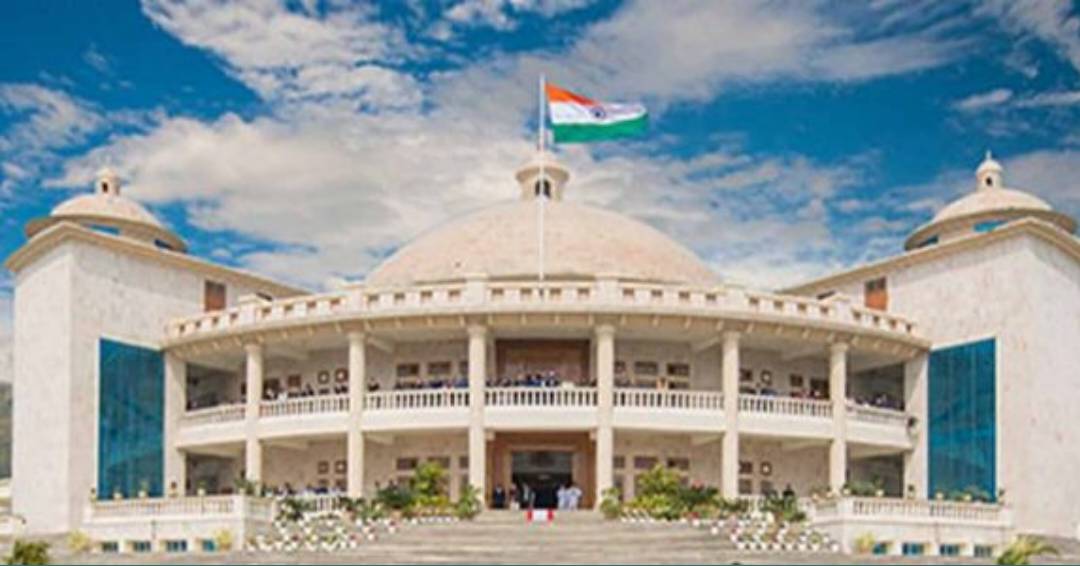
Despite the Manipur cabinet’s recommendation for Governor Anusuiya Uikey to convene an Assembly session starting August 21, the Raj Bhavan has not issued any notification. On August 4, the state cabinet proposed that the 4th session of the 12th Manipur Legislative Assembly be summoned on August 21.
The previous Assembly session adjourned sine die in March, and it’s constitutionally mandated that the next session be held before September 2. Chief Minister N. Biren Singh previously assured that the session would be convened before September 2.
The state has experienced turmoil since May, following a Tribal Solidarity March against the Meitei community’s demand for Scheduled Tribe (ST) status. Over 160 people have lost their lives and hundreds have been injured in the ensuing violent clashes.
Governor’s authority to summon, prorogue, or dissolve an Assembly:
– Article 174 of the Constitution empowers the governor to summon, prorogue, or dissolve the House.
– Article 174(1) stipulates that the governor shall summon the House to meet at their discretion.
– The period between the last sitting of the previous session and the first sitting of the succeeding session should not exceed six months.
– Article 163 outlines two ways the governor’s power must be exercised: either following the advice of the Council of Ministers or exercising personal discretion.
– In normal circumstances, when the Chief Minister and Council of Ministers hold the House’s majority confidence, the governor’s power must align with their advice.
– The governor’s power to act without the Council of Ministers’ advice is extraordinary in nature.
Role of the governor:
– The governor, akin to the President at the Centre, is the chief executive of a state.
– Despite being a nominal executive head, the governor acts as a “friend, philosopher, and guide” to the council of ministers.
– The governor serves as a sentinel of the Constitution and a vital link with the Union.
– Article 153 provides for a governor for each state, and a person may serve as governor of multiple states.
– Article 154 vests the state’s executive power in the governor.
– Article 155 states that the President appoints the governor via warrant.
– Article 156 dictates that the governor holds office at the President’s pleasure for a term of five years.
– Qualifications for governor include Indian citizenship and a minimum age of 35 years.

Post Your Comments